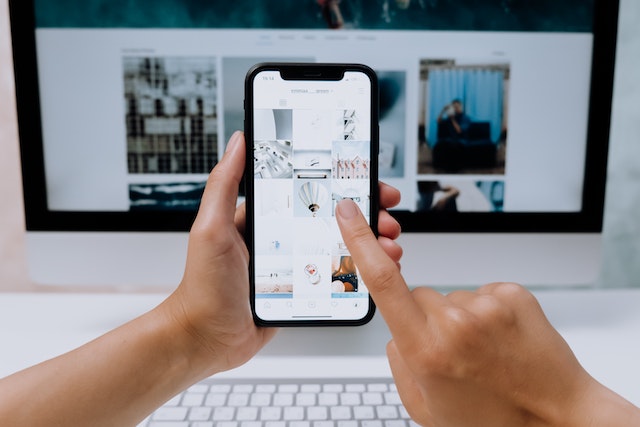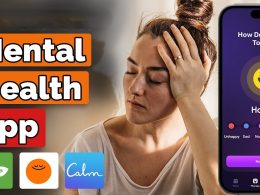Introduction: In today’s digital era, social media has become an integral part of our lives, enabling us to connect, share, and stay informed. However, there is a growing concern about the negative effects of excessive social media use, particularly during late-night hours. This article explores the dangers of doom scrolling, a term used to describe the habit of endlessly scrolling through negative or distressing content, and its impact on our health.
- The Nature of Doom Scrolling: Doom scrolling refers to the compulsive behavior of continuously consuming distressing news, social media posts, or other negative content. It often occurs during late-night hours when individuals are more susceptible to unproductive browsing. The nature of doom scrolling can expose individuals to a range of physical and mental health risks.
- Impact on Mental Health: a. Anxiety and Depression: Constant exposure to distressing content can heighten anxiety levels and trigger or exacerbate symptoms of depression. The negativity overload may lead to feelings of helplessness, hopelessness, and fear. b. Sleep Disorders: Late-night social media use disrupts sleep patterns due to the exposure to stimulating content and the blue light emitted by screens. This can result in insomnia, difficulty falling asleep, or poor sleep quality. c. Emotional Well-being: Doom scrolling can negatively impact emotional well-being, leading to mood swings, irritability, and a general sense of dissatisfaction. It can contribute to a cycle of negativity, affecting overall happiness and contentment.
- Physical Health Implications: a. Fatigue and Low Energy: Disrupted sleep patterns caused by late-night social media use can lead to fatigue, decreased productivity, and diminished overall energy levels. b. Eye Strain and Vision Problems: Staring at screens for prolonged periods, especially in low-light conditions, can strain the eyes and contribute to dryness, irritation, and even vision problems such as blurred vision or headaches. c. Sedentary Lifestyle: Excessive social media use during late-night hours often encourages a sedentary lifestyle, reducing physical activity levels. Lack of exercise can contribute to various health issues like obesity, cardiovascular problems, and weakened muscles and bones.
- Breaking the Doom Scroll Cycle: a. Set Boundaries: Establish limits on social media use, especially during late-night hours, by allocating specific time slots or implementing digital detoxes. b. Engage in Healthy Habits: Replace late-night scrolling with relaxation techniques like reading, practicing mindfulness, or engaging in hobbies that promote positive well-being. c. Curate Your Social Media Feed: Create a positive and uplifting digital environment by following accounts that share inspiring content or helpful information. d. Seek Support: If doom scrolling is becoming overwhelming, consider reaching out to friends, family, or professionals who can provide guidance and support.
Conclusion: While social media has its benefits, excessive and late-night use can have detrimental effects on both mental and physical health. Doom scrolling, in particular, poses significant risks such as anxiety, depression, sleep disturbances, and decreased overall well-being. By recognizing the dangers and taking proactive steps to limit social media use, we can prioritize our health and cultivate a more positive and balanced digital lifestyle.












